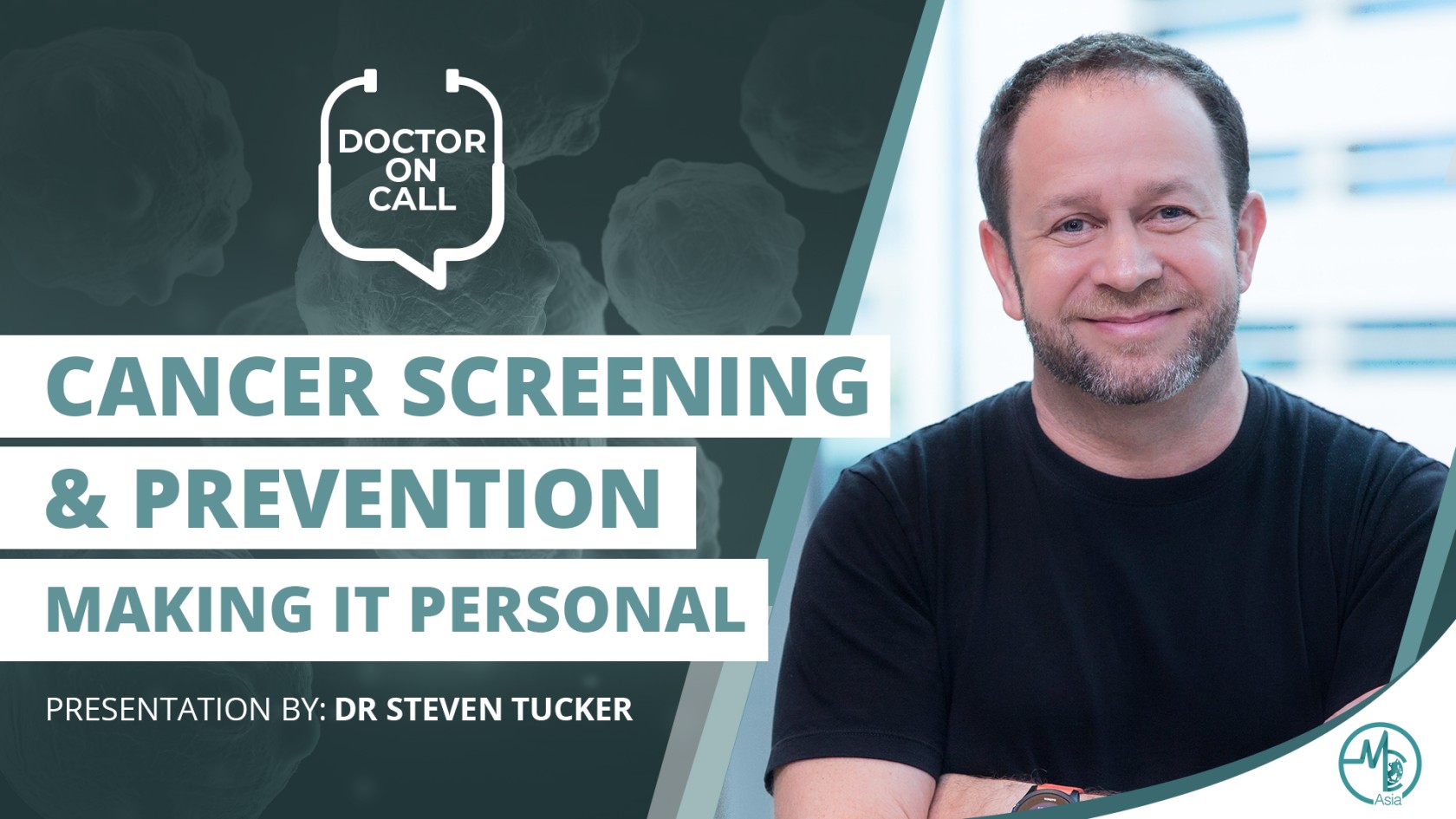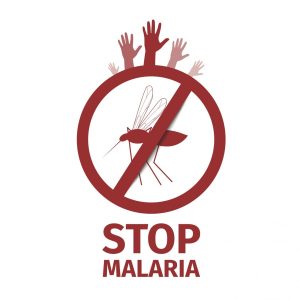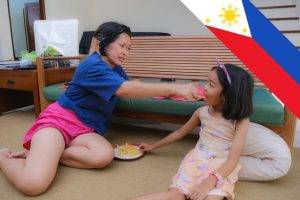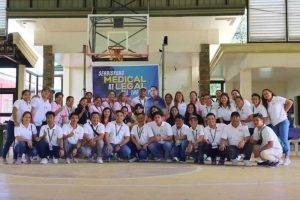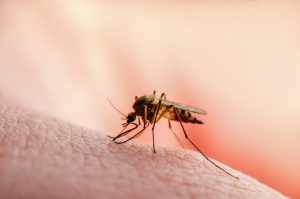Doctor On Call, or DOC for short, is a series brought to you by Medical Channel Asia. This series aims to bring doctors and specialists from various fields to give you an introduction to common health and medical topics that you and the Asian population are interested in. In our 11th DOC, we had Dr Steven Tucker, Medical Oncologist and founder of Tucker Medical, Singapore, talk to us about Cancer Screening and Prevention.
PSA: Medical Channel Asia (MCA) is now on Telegram! Join us here https://t.me/MedicalChannelAsia for daily reads and the latest updates at your fingertips!
For Part 1 of the forum, we have Dr Steven Tucker give us a presentation on cancer screening, personalised screening and preventing cancer.
In Part 2, Dr Steven Tucker goes through many questions posted by our enthusiastic audience, both collated from the registration process, and also posted LIVE.
Presentation by Dr Steven Tucker
1. Screening
The concept of cancer screening, or any health screening, is to detect disease before there are symptoms. There is a belief that finding a condition early would mean that it would be more curable. For instance, in cancer screening, the goal is to find cancer in its early stages when it’s smaller, more curable, and there would be less toxicity or harm during treatment.
Even though it sounds like screening can be done for all conditions, there is only high-level evidence for screening for breast cancer, colon cancer and cervical cancer to show that screening makes a difference. This may not be completely true for a lot of other cancers – for lung, kidney, stomach, pancreas, and thyroid cancers, screening is recommended for only certain groups of people or if there are additional personal or family risks. Doing broad screens for every possible cancer is not recommended. In Singapore and across Asia, there are health screening packages. Many of these offer a panel of cancer marker blood tests that claim to be able to detect cancers early. However, they are neither consistent with guidelines nor supported by evidence, and run the risk of doing more harm than good.
Tumour Markers
Many people think that blood tests for tumour markers are a good way to screen for cancer. Tumor marker tests look for proteins made by cancer cells. However, the presence of tumor markers alone is not enough to diagnose cancer, and many healthy cells also make these proteins. Screening tumour markers is not the way to go for cancer screening, neither for executive health screenings nor for population-level screening. Screening for tumour markers should be reserved for high-risk individuals, or if there is a specific reason. The risk of false positives and risk of harm to the individual would be significant compared to unproven benefits in other cases.
In Singapore, there are category 2 tests. While they are not of the highest level of evidence, they are worthwhile to do for certain people. These include screening for Alpha-Fetoprotein (AFP) in liver cancer, Prostate-Specific Antigen (PSA) in prostate cancer, and tumour marker for NPC (EBV-EA-ENBA-1) in nasopharyngeal carcinoma.
As for category 3 tests, they are not recommended as screening tests by the Academy of Medicine, Singapore, in their 2019 report. However, they are the tests regularly shown on executive health screening packages. The public should be aware and discerning when they see tumour marker screening in such health screening packages.
2. Personalised Screening
Not all humans are the same. We do not fit a standard distribution. This uniqueness can be reflected in our risk of disease, or chronic disease. In order to profile people into low, average, moderate or high risk, the doctor can speak to the individual to understand the family history and create a family tree. For those who come from an adopted family, understanding your genetic background through tests and creating a personalized strategy can be helpful.
For family trees filled with cancers, either on one side or on both sides (mother’s and father’s), an inherited risk can be elucidated. Getting the family history is understanding if genetic testing is a good way to identify one’s personal risk and consider the test.
For instance, BRCA1/2 genes have been found to impact a person’s chances of developing breast cancer, as well as ovarian, prostate and pancreas cancer. These are inherited cancer syndromes. Another is Lynch syndrome, also known as hereditary nonpolyposis colorectal cancer (HNPCC). Lynch syndrome is an inherited disorder that increases the risk of many types of cancer, particularly colorectal cancer, but also uterine and bladder cancer. These inherited cancers will have distinct family trees.
DNA is not ‘tested’ – as a source of information, it can be analyzed to help inform us to make better and personal decisions.
In 2016, a study looked at 220 women with either breast or ovarian cancer. 30% of them had one of 25 cancer susceptibility genes. 30% of them had one pathogenic variant in a panel of 25 cancer susceptibility genes screened, and they tend to be young. 70% had normal risk. Thus, it can be seen that DNA is not destiny. Having a risky gene or susceptibility gene doesn’t guarantee cancer, it just changes the odds over one’s lifetime.
While about half of them had BRCA1 and BRCA2 genes implicated, the other half had many other genes that can also be easily identified. As it is easy and inexpensive to test for those genes, indications for testing have expanded. With the expert opinion of oncologists and geneticists, the role of genetics and genetic testing can be discussed for women with breast cancer under the age of 45; for women with a triple-negative form of breast cancer; for ovarian cancers, almost all colon cancers, and uterine cancers. This is done through universal germline testing, and the information would be valuable for the patients themselves, as well as for their first-degree relatives, their sisters and brothers, their children, and their parents.
Having certain genes really increases the lifetime risk of cancer. One in eight cancers is driven by inherited mutations, and 80% of people with hereditary cancer risk are unaware of their increased risk. Not only that, genes can interact – so while it is not a guarantee to cause a specific disease, it can increase a broader susceptibility to certain kinds of cancers.
The future of screening
The future of Healthy Adult Screening is a physician-directed screening program that personalizes cancer screening based on personal risk. Dr Tucker, together with many other doctors, authored a study that looked at over 10,000 patients and found that 15.5% of them have an inherited risk of cancer, even though they did not have a family history. With nearly one in six having a clinically significant result. These findings changed the way we look at screening, and assess the role of genetic screening as part of regular medical care.
3. Cancer risk (Genes + Lifestyle)
Cancer risk involves not just genes, but also the lifestyle we lead. The burden of chronic diseases has reached pandemic levels long before COVID. There are 463 million people in the world with diabetes; nearly 2 billion people are obese. Heart attacks are the number one cause of death globally, and cancer comes in at number 2, with nearly 10 million cases every year. In Singapore, diabetes and prediabetes are rampant, with 20% of the 4-5 million population at risk of diabetes. Obesity is also a concern, as there is increasing body fat among Singaporeans.
Obesity
This is an issue as obesity and cancer go hand in hand. Obesity is overtaking tobacco as the number one cause of preventable cancer and is strongly associated with at least 14 types of cancers. 40% of all cancers are thought to be obesity-related. Obesity accounts for 55% of all female cancers, and 24% of male cancers.
The International Agency for Research on Cancer (IARC) working group has listed 14 types of cancer as having sufficient evidence for an association with overweight or obesity, including:
- Colon
- Stomach
- Kidney
- Breast
- Uterus
- Thyroid
- Liver
- Pancreas
There is a significantly increased risk of second cancers associated with increasing BMI. Given the prevalence of overweight and obesity in cancer survivors, and in the general population, there is a need for effective prevention strategies.
4. Preventing cancer
Smoking and cancer
Smoking is associated with many different types of cancer. Reducing tobacco use and quitting smoking can help to prevent these associated cancers.
Alcohol and cancer
It was previously taught that men could have up to 14 alcohol units a week, and women could have 7 alcohol units a week before there is an increased risk of cancer. However, more recent studies have shown that any amount of alcohol can increase the risk of cancer. Breast cancer risk is higher for women consuming both low (<1 drink per day) to high (≥3 drinks per day) levels of alcohol compared to non-drinkers. Alcohol is classified as a breast carcinogen by the IARC.
It is up to the individual to balance having alcoholic drinks once in a while, and their own personal health risks. While one drink may contribute to an insignificant amount of risk, many drinks will start to compound it.
There is a greater risk of oesophagus, stomach and breast cancers from alcohol use in the Asian population who are prone to Asian flush. This condition is due to a deficiency in the enzyme aldehyde dehydrogenase, which converts acetaldehyde (from alcohol) to acetic acid. This acetaldehyde build-up results in symptoms like the Asian flush. At the same time, acetaldehyde can cause various forms of damage to DNA, leading to cancer development.
Exercise and cancer
Exercise consistently reduces the risk of cancer, reduces the risk of cancer coming back, and even improves longevity among cancer survivors. A study looked at over 73,000 women aged 50-75 years old, who were followed for 17 years. The women who walked 1h a day reduced the risk of breast cancer coming back by 14%, while the women who walked vigorously reduced their risk by up to 25%. Movement and activity are important for living long and well.
Fasting and cancer
In a study on 2400 women with breast cancer followed over seven years, those who fasted more than 13 hours overnight were less likely to have their cancers recur, while 36% of those who had a shorter fast had an increased risk of cancer recurrence.
Night shift and cancer
Sleep duration is shown to be associated with some hormone-related cancers, including breast, colon, and prostate cancer. This could be due to an increase in stress hormones adrenaline and cortisol, which then raises blood glucose and insulin, potentially driving cancer in patients who work the night shift. Other hypotheses include melatonin’s potential anti‐estrogenic effects causing the increased susceptibility to hormone-related cancers.
Healthy lifestyle and cancer
A study showed that in a large number of participants (almost 40,000) to see how a healthy lifestyle is related to life expectancy free from major chronic diseases. The 5 low-risk lifestyle factors researched included:
- Never smoking
- BMI of 18.5-24.9
- Moderate to vigorous physical activity
- Moderate alcohol intake. and
- Higher diet quality score
The life expectancy free of diabetes, cardiovascular diseases and cancer at age 50 was significantly greater in men and women who adopted 4 or 5 low-risk lifestyle factors when compared to those who adopted none of them. Having healthy habits can lead to many years of quality life gain.
Summary
The practice currently is focused on treating diseases. However, treatment is unwelcome, uncomfortable, and expensive, and there is always the risk of relapse in the future. There is a need to become experts at preventing disease, through personalised cancer screening and focusing on preventative care. Prevention is better than cure.
What’s next in store?
- See Part 2 for the Question and Answer (Q&A) segment with Dr Steven Tucker!
- If you have missed our previous DOC webinars, visit our Medical Channel Asia’s YouTube page, or you can also read the articles for the past 2 DOC webinars:




